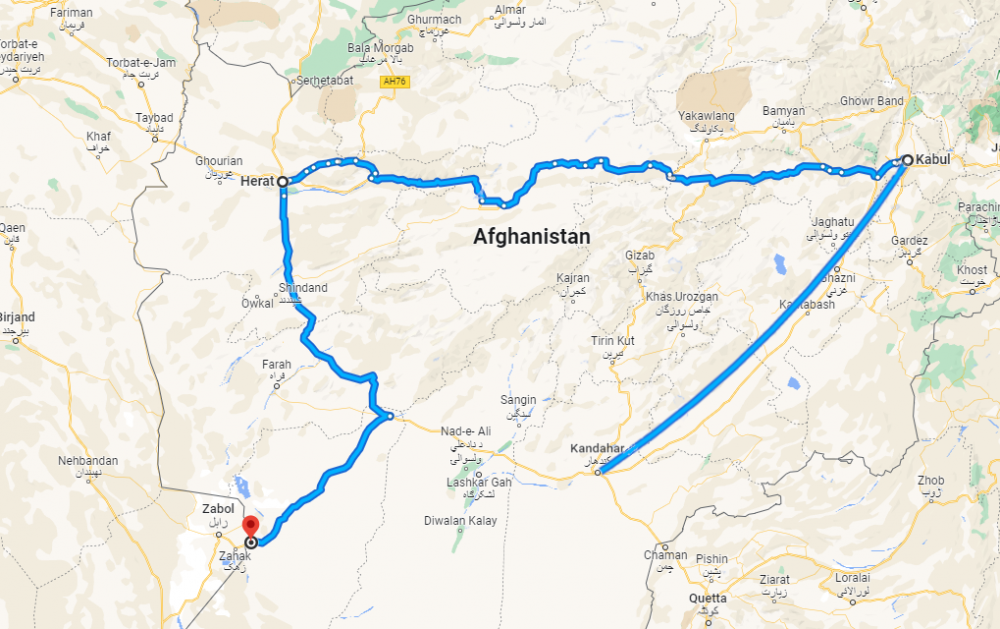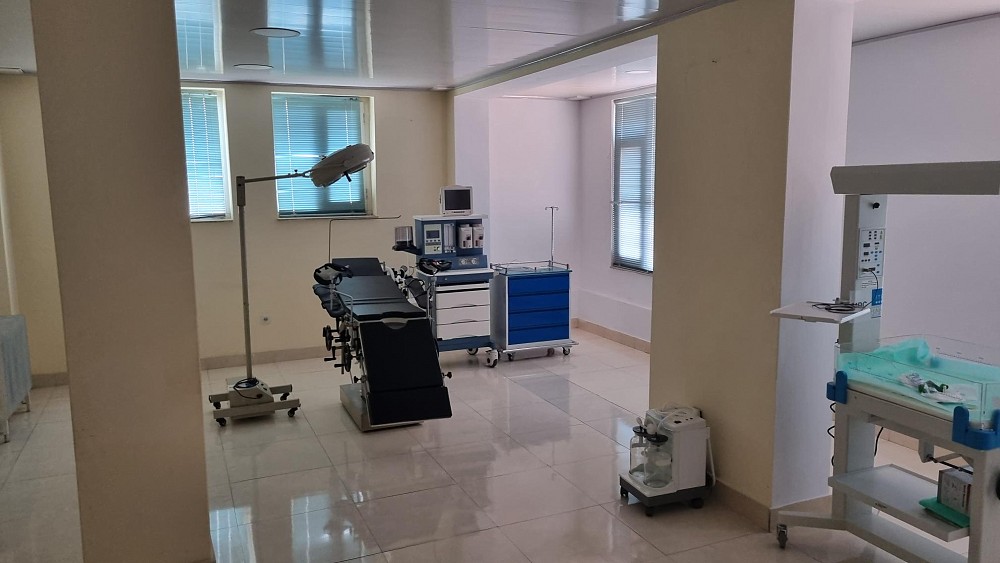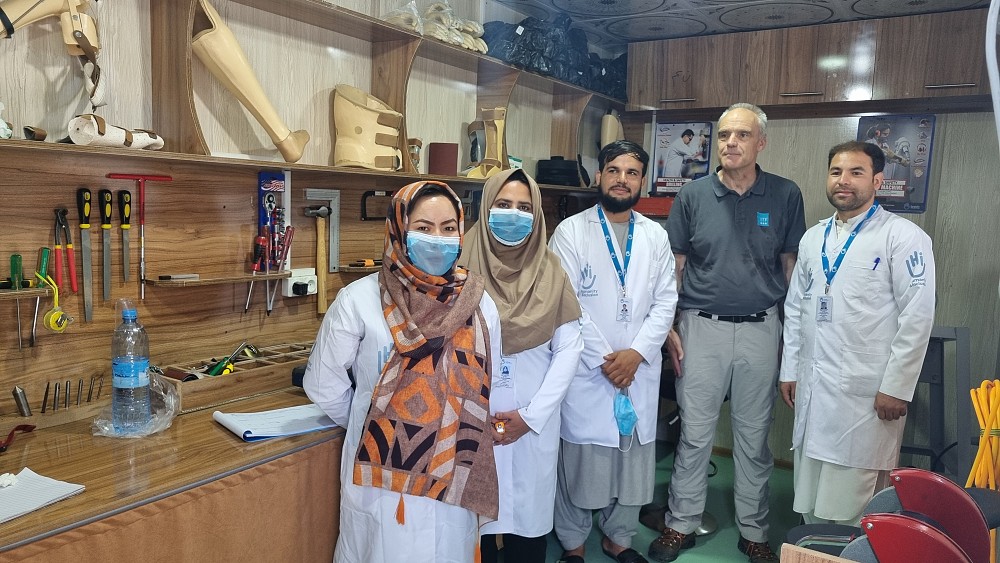Improving Healthcare and Mine Victim Assistance in Afghanistan
The visit commenced in Kabul, where ITF representative shared valuable insights into the challenges faced by the Afghan community with UNMAS representatives, the EU Delegation, Handicap International (HI), and NGO MDC representatives.
In the aftermath of ongoing wars, Afghanistan remains one of the world's poorest nations. A majority of its population resides in remote areas, far from medical facilities, and must undertake arduous journeys on foot, often paying for essential services. This severely restricts the access of vulnerable populations to healthcare services. Reproductive health issues and high infant mortality rates contribute to the country's health challenges, with transmitted diseases accounting for a significant number of deaths.
The first project, "Victim Assistance in Afghanistan," supported by U.S. Department of State’s Office of Weapons Removal and Abatement, aimed to provide emergency mobile physical rehabilitation, psychosocial support, and Explosive ordnance risk education (EORE) sessions across various provinces. The second initiative, "Support of MDC Polyclinic in 2023," implemented by NGO MDC and supported by the Republic of Slovenia, extended essential medical services to those in need.
In Kandahar province, the Emergency Mobile Teams (EMT) offer EORE sessions, physiotherapy, and individual psychosocial assistance to those in need. The Provincial Rehabilitation Center within Maiwani hospital showcased the resilience of female EMT members as they provide physiotherapy services under challenging circumstances.
In the city of Zaranj, Nimroz province, the establishment of a new Prosthesis & Orthosis (P&O) Workshop at the Provincial Hospital demonstrated the resourcefulness of the local community facilitated by the HI Regional office.
Venturing into districts surrounding Kabul, the monitoring visit included meetings with male and female patients benefiting from Handicap International's comprehensive approach, which combined physiotherapy services with individual and family counseling. The compassion and professionalism of the female team left a lasting impression.
All the patients we met with during the visit shared common characteristics of poverty and the inability to support themselves. Simple tasks, such as visiting a doctor, became sources of stress for the injured - the neighbors collected money for the procedure of a young man before taking him to the hospital.
With the invaluable support of United States of America and the Republic of Slovenia as project donors, and the dedicated efforts of our implementing partners, ITF strives to bring positive change and support to the lives of victims and underprivileged individuals in Afghanistan. While progress has been made, much work remains to be done. Continuous support and collaboration are essential to sustain and expand the positive impact witnessed during the monitoring visit. By remaining steadfast in our mission of fostering peace and security through mine action and post-conflict rehabilitation, we can collectively strive for lasting change, offering renewed hope and opportunities to the people of Afghanistan.







